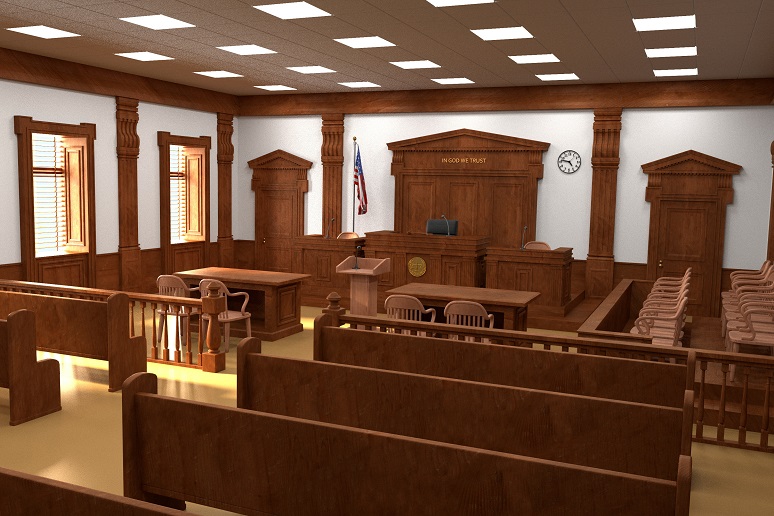Because the law won’t stop for COVID-19, Cisco took it upon itself to develop two Webex offerings that will help courtrooms and legislatures around the world modernize their processes and allow for remote hearings during the pandemic… and beyond.
Enacting Remote Legislation
With no support for remote communications prior to COVID-19, when the pandemic hit in March, most legislatures had no way to conduct hearings or other processes, shared Jean Rosauer, chief growth officer, at Cisco, in a No Jitter briefing. “We knew we could take it further to enable these legislators to solve not only their problem in the pandemic but to change the way they work in the future,” Rosauer added.
Webex Legislate includes single sign-on with multifactor authentication, visual and verbal verification of voting members with secure lobby admission, a chain of custody for all procedures — like voting — and support for anonymous or personalized voting with detailed statistics. In addition, Webex Legislate replicates live processes with private sidebar meetings and provides built-in features like live interpretation and closed captioning so that “everyone can work within the app,” said Rosauer, noting that legislators can access the tools directly from the Webex Legislate dashboard.
Legislatures have unique traditions and processes, with some even having rules in place stating that they couldn’t meet remotely, Rosauer said. “All of that is changing, and it’s a super exciting time for these groups,” she added.
Connecting on Justice
To serve courts, correctional facilities, and community corrections, Cisco is offering Connected Justice, a standards-based video solution aimed at enabling collaboration across these agencies. Connected Justice incorporates solutions from partners Cloverhound, for an integrated courtroom docket dashboard with virtual lobby and side rooms; and TRACKtech, which offers a mobile advanced supervision and integrated case management solution. Connected Justice, facilitated through Webex, and is customizable to meet the needs of any court, county, or state, Cisco said.
Elkhart County, in Indiana, is one agency already using a customized Connected Justice solution,
Cisco announced last week. The county is using Connected justice to keep court in session safely, while serving citizens in ways it never thought possible but always wanted, Matthew Dietz, IT director of Elkhart County, said in a call with No Jitter.
The county already has conducted over 1,500 hearings on the Connected Justice platform, which supports 1,200 active users, Dietz said. What makes Connected Justice so special, he added, is in helping people schedule civil cases like traffic tickets or hearings — no more scrambling to find a babysitter or deal with public transportation.
Here’s how Connected Justice works for Elkhart County courtroom. A judge takes the bench in a physical courtroom, while the reporter and bailiff sit in the room per usual. The Webex scheduler is then launched and lists all available hearings. The judge watches the hearing via video, and the litigant immediately appears when scheduled and signed in. If the litigant and attorney are virtual, the judge can place them in breakout rooms for private conversations. “We’re able to continue the proceeding and still provide that client-to-attorney privilege that wasn’t possible before the Connected Justice platform came about,” Dietz said.
Using Connected Justice, Elkhart County is able to get through more hearings in a day than ever before, and spend more time interacting with citizens, Dietz said. “We’re no longer waiting for people to show up [in court],” he added.
In addition, Connected Justice offers a higher level of security, because 20 or 30 incarcerated individuals are no longer required to sit together in a courthouse with several guards present, Dietz said. That allows Elkhart County to continue and optimize the flow of its hearings, to the point where there are no disruptions. “People are more reasonable, they’re in a better mood, and this allows us to get through things at a much quicker pace.”
Webex Legislate costs $150 per voting member annually. Webex Legislate will be available on a limited basis this month, with general availability to follow in December.
Cisco’s Connected Justice is generally available today. Pricing depends on the implementation.









